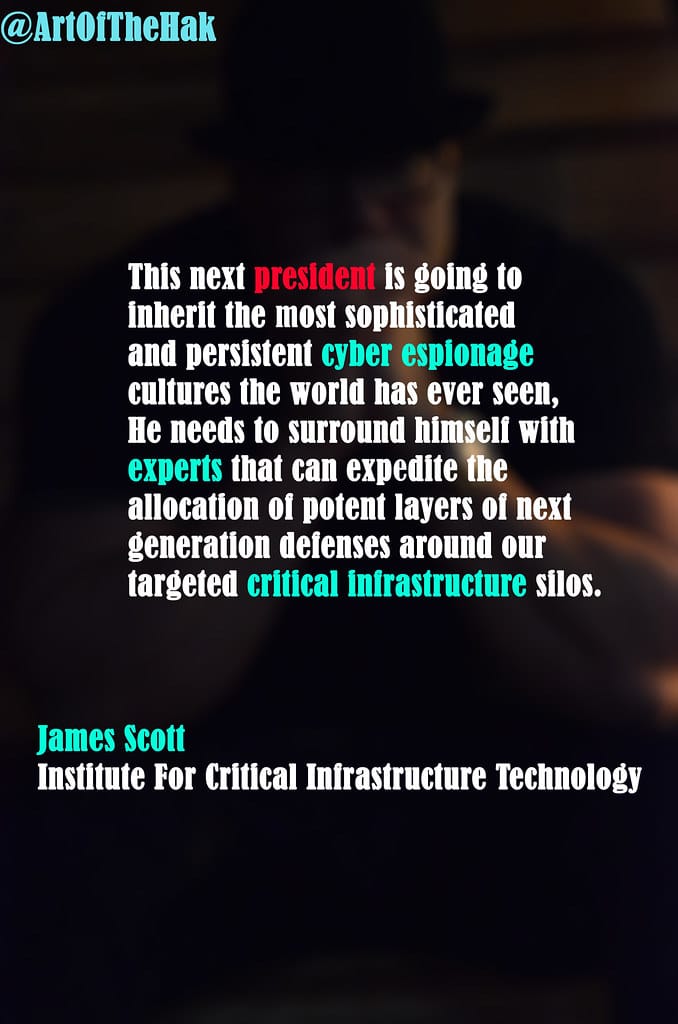Chinese Hackers Breach 400+ Organizations Including US Nuclear Weapons Agency in Massive Espionage Campaign
A sweeping cyber espionage campaign attributed to Chinese state-sponsored hackers has compromised over 400 organizations worldwide, including the US Department of Energy's nuclear weapons agency, marking one of the most extensive and concerning breaches of critical infrastructure in recent history.
Scale of the Breach Revealed
Security researchers have uncovered evidence of a sophisticated hacking operation that infiltrated networks across multiple sectors, with particular focus on government agencies, defense contractors, and critical infrastructure operators. The breach of the National Nuclear Security Administration (NNSA), which oversees America's nuclear weapons stockpile and ensures their safety and security, represents a significant escalation in cyber threats to national security.
The NNSA, a semi-autonomous agency within the Department of Energy, manages the nation's nuclear weapons complex and is responsible for maintaining the safety, security, and effectiveness of the US nuclear arsenal. The agency's networks contain highly classified information about nuclear weapon designs, security protocols, and strategic capabilities.
Attribution and Methods
Cybersecurity experts have linked the attacks to advanced persistent threat (APT) groups with ties to China's Ministry of State Security. The hackers employed sophisticated techniques including:
- Supply chain attacks targeting software vendors to gain access to downstream customers
- Zero-day exploits leveraging previously unknown vulnerabilities in widely-used software
- Social engineering tactics to trick employees into providing access credentials
- Living-off-the-land techniques using legitimate administrative tools to avoid detection
The campaign appears to have been active for several months before detection, allowing the attackers extensive time to establish persistence within compromised networks and exfiltrate sensitive data.
Beyond Nuclear: Widespread Impact Across Sectors
While the nuclear agency breach captures headlines, the scope extends far beyond defense installations. The 400+ compromised organizations span:
Government Agencies: Federal, state, and local government networks containing citizen data and policy information
Healthcare Systems: Hospitals and medical research facilities with patient records and proprietary research data
Financial Institutions: Banks and credit unions with customer financial information and transaction records
Technology Companies: Software developers and cloud service providers whose compromise could enable further supply chain attacks
Academic Institutions: Universities conducting sensitive research in areas of strategic national interest
National Security Implications
The breach of nuclear weapons infrastructure raises serious questions about the security of America's most sensitive military assets. Experts warn that access to NNSA systems could provide adversaries with insights into:
- Nuclear weapon design specifications and vulnerabilities
- Security protocols and physical protection measures
- Personnel information for individuals with nuclear security clearances
- Strategic planning and modernization efforts
"This represents a fundamental threat to our nuclear deterrent capabilities," said cybersecurity analyst Dr. Sarah Chen. "The information potentially compromised could take decades to fully assess and mitigate."
Government Response and Mitigation Efforts
Federal agencies have launched a comprehensive response involving the Cybersecurity and Infrastructure Security Agency (CISA), FBI, and National Security Agency. Initial measures include:
- Immediate isolation of compromised systems
- Deployment of enhanced monitoring tools across government networks
- Mandatory security assessments for all critical infrastructure operators
- Coordination with international allies to track the threat actors
The Department of Energy has assured the public that nuclear weapons remain secure and that no weapons systems were directly compromised. However, officials acknowledge that sensitive information may have been accessed.
Looking Forward: Strengthening Cyber Defenses
This massive breach underscores the urgent need for enhanced cybersecurity measures across all critical infrastructure sectors. Key lessons include:
Zero Trust Implementation: Organizations must assume breach and implement comprehensive access controls and monitoring
Supply Chain Security: Vendors and third-party providers require rigorous security assessments and ongoing monitoring
Information Sharing: Real-time threat intelligence sharing between government and private sector is essential
Workforce Training: Human factors remain the weakest link in cybersecurity defense chains
The scale and sophistication of this campaign mark a new chapter in nation-state cyber warfare, demonstrating that no organization—regardless of its security posture or national importance—can consider itself immune from advanced persistent threats. As investigations continue, the full extent of the compromise and its implications for national security will likely unfold over months to come.
